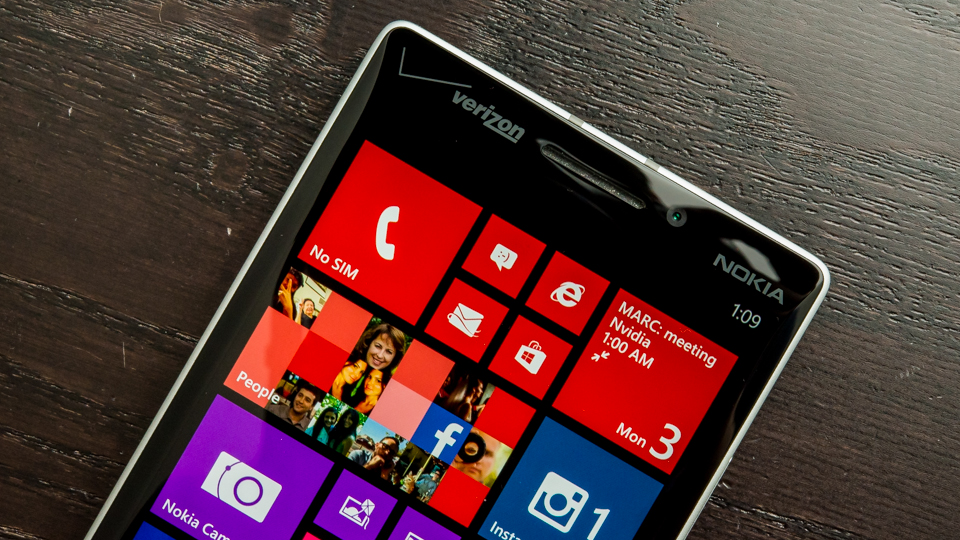
Verizon's new streaming TV service, Go90, has entered beta testing today, The New York Times reports. Invitations to the service, which targets the yet-untethered millennials, will be offered with ads to both Verizon and non-Verizon customers in the target demographic starting on Tuesday with more users to be invited later this month.
Go90 combines traditional TV content like broadcasts of sports games, live events and prime-time television with original web series from sites like YouTube, Vice and Machinima. The new model might succeed on its own through the use of video ads or, perhaps, serve as a soft introduction into Verizon's entertainment ecosphere.
From the sounds of it, Go90 will include multiple channels but, unlike DISH's Sling TV, is unlikely to be offered on any of the current set-top boxes like the Roku 3 or Amazon Fire TV. Verizon intends for the service to be focused on phones and tablets, convincing the 70% of mobile-first users ages 18 to 34 to test the waters without commitment to dive in.
To further hit home the "youngsters only" strategy, the user interface is designed to look like a social network feed and easily share to your accounts should you find something you like.
Admittedly, Go90 might not make sense for data-capped adults just moving onto their own plans, as streaming video services are major data hogs, but the idea of a free streaming service couldn't hurt millennials' views on the company.
Verizon joins companies like DISH, HBO, Showtime and CBS to release separate cable alternatives, all of which look to capitalize on the growing cord-cutting trend keeping traditional cable companies up at night.
These are the best movies available right now on Netflix!
Get daily insight, inspiration and deals in your inbox
Sign up for breaking news, reviews, opinion, top tech deals, and more.
Nick Pino is Managing Editor, TV and AV for TechRadar's sister site, Tom's Guide. Previously, he was the Senior Editor of Home Entertainment at TechRadar, covering TVs, headphones, speakers, video games, VR and streaming devices. He's also written for GamesRadar+, Official Xbox Magazine, PC Gamer and other outlets over the last decade, and he has a degree in computer science he's not using if anyone wants it.
